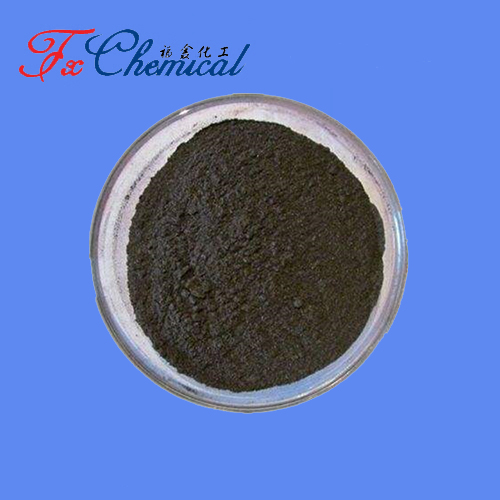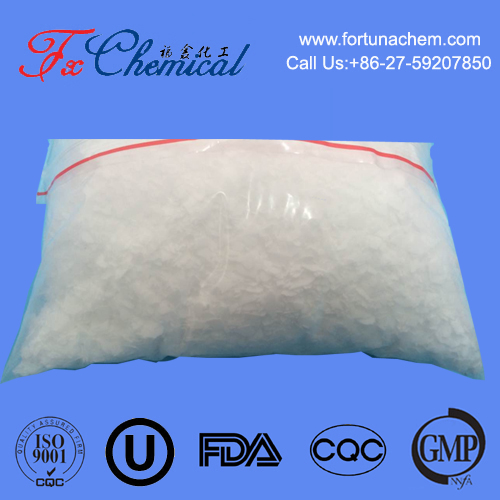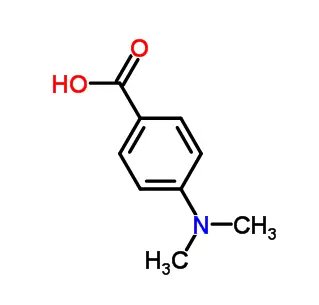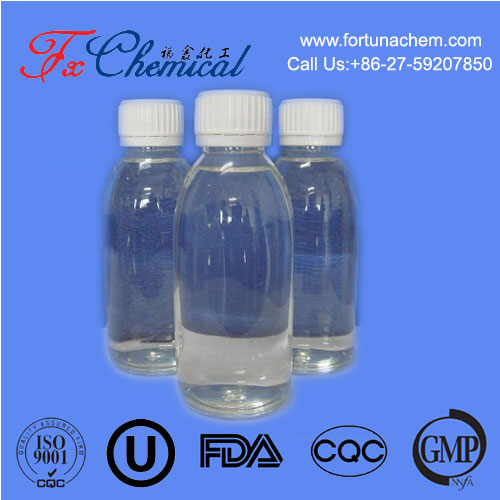
Search

Search

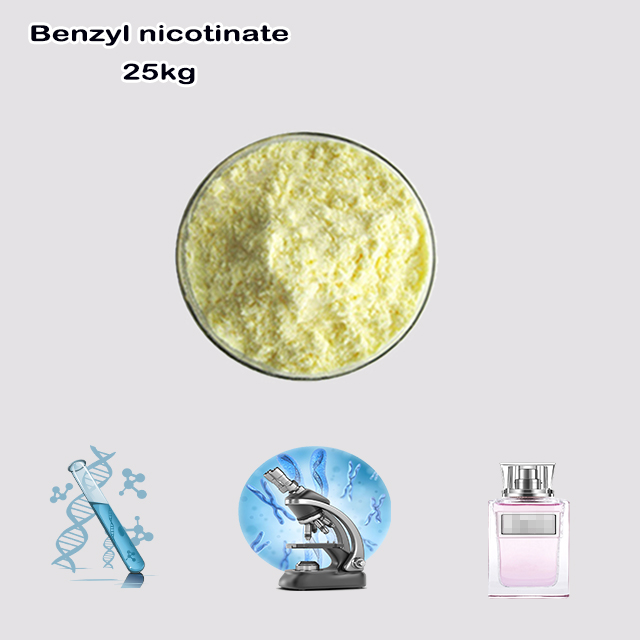
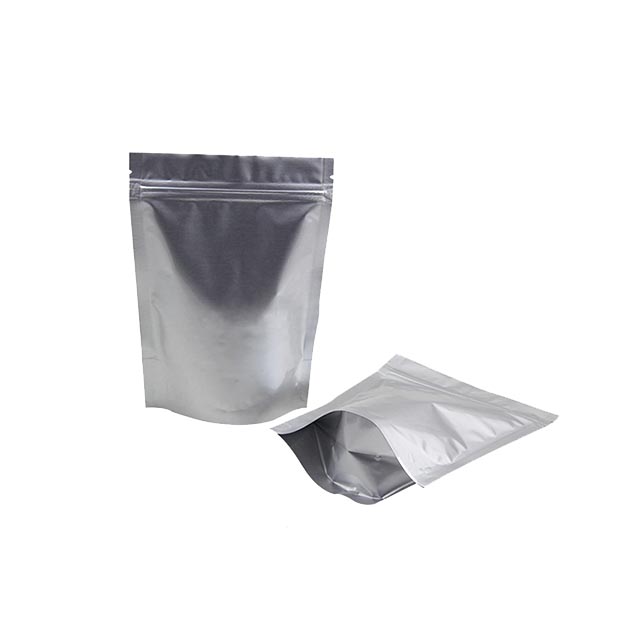
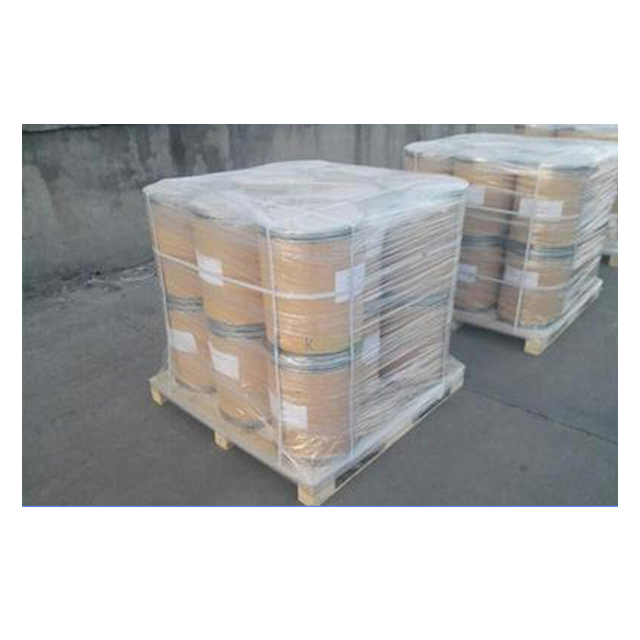
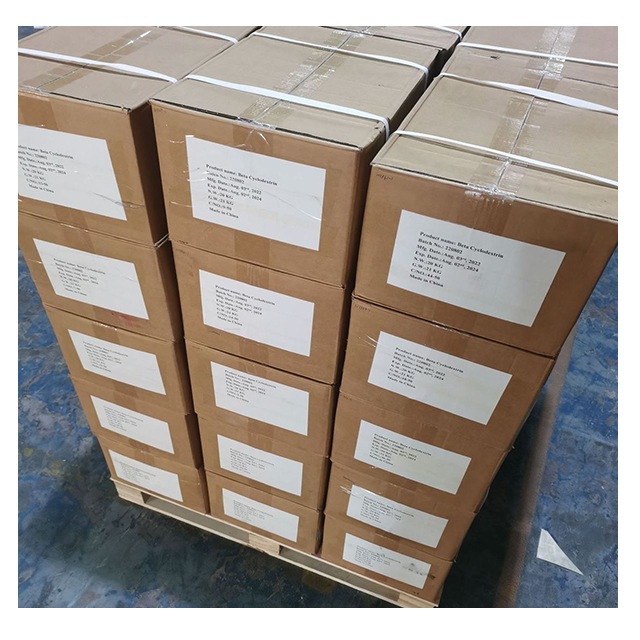






Benzyl nicotinate is the ester formed from nicotinic acid (vitamin B₃) and benzyl alcohol. It's primarily used as a topical vasodilator in medicinal and cosmetic products. When applied to the skin, enzymes break it down, releasing nicotinic acid. This causes local blood vessels to widen, increasing blood flow to the area. This results in a warming/tingling sensation and mild redness. Common uses include:
Muscle/joint pain relief creams (e.g., arthritis, backache).
Scalp treatments to stimulate circulation for hair health.
"Warming" cosmetics like masks or lip balms.
Avoid on broken skin. Not related to nicotine.
Benzyl nicotinate is an organic compound and a topical vasodilator, primarily used in medicinal and cosmetic products for its ability to increase blood flow to the skin. Here's a detailed breakdown:
Chemical Name: Benzyl pyridine-3-carboxylate
Structure: Ester formed from nicotinic acid (niacin/vitamin B₃) and benzyl alcohol.
Formula: C₁₃H₁₁NO₂
CAS Number: 94-44-0
Vasodilation:
Applied topically, it penetrates the skin and undergoes enzymatic hydrolysis, releasing nicotinic acid.
Nicotinic acid binds to receptors in capillary walls, causing local vasodilation (widening of blood vessels).
Rubefacient Effect:
Increases blood flow to the applied area, creating a warming/tingling sensation and mild skin reddening.
Topical Pain Relief:
Found in muscle/joint creams (e.g., for arthritis, back pain) to enhance blood flow and relieve stiffness.
Cosmetics & Hair Care:
Added to scalp treatments (e.g., anti-hair loss products) to stimulate circulation and follicle activity.
Used in "warming" skincare products (masks, lip balms) for a soothing effect.
Transdermal Drug Delivery:
Sometimes included in patches to improve absorption of other drugs.
Research:
Investigated for wound healing and anti-inflammatory effects due to enhanced microcirculation.
Common Effects:
Temporary warmth, redness, itching, or tingling at the application site.
Risks:
Hypersensitivity: Allergic reactions (rash, swelling) in sensitive individuals.
Systemic Absorption: Rarely, high doses may cause systemic niacin-like effects (flushing, dizziness).
Contraindications:
Avoid on broken skin, mucous membranes, or if allergic to niacin.
Not recommended during pregnancy/breastfeeding without medical advice.
Despite the name similarity, benzyl nicotinate has no relation to nicotine (the tobacco alkaloid).
It is non-addictive and unrelated to tobacco’s effects.
Sold under brand names like Finalgon®, Ralgex®, and generics (often combined with camphor, capsaicin, or salicylates).
Benzyl nicotinate is a topical ester of niacin used for its vasodilating and rubefacient properties. It temporarily increases skin blood flow to alleviate muscle/joint pain, support scalp health, and create warming effects in cosmetics. While generally safe for topical use, it may cause mild skin reactions and should be avoided on damaged skin.

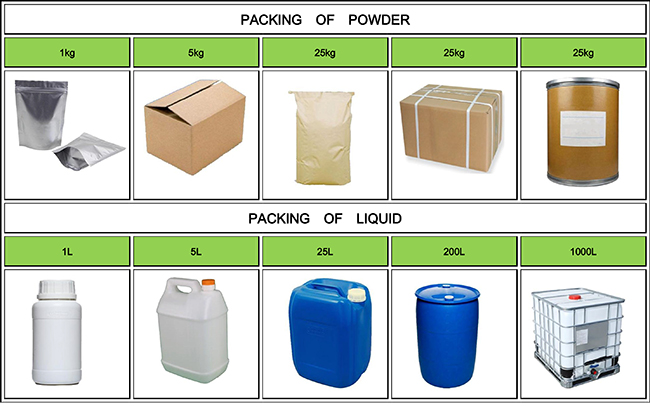


Fortunachem Provides Not Only Professional Chemical Products But Also Professional Help
Keeping you up-to-date with all the latest information, news, and events about Fortunachem!

Quick Links
Add:
E-mail:
 English
English  Español
Español  français
français  العربية
العربية 